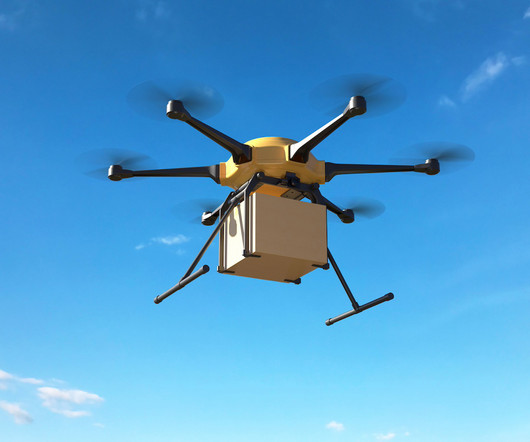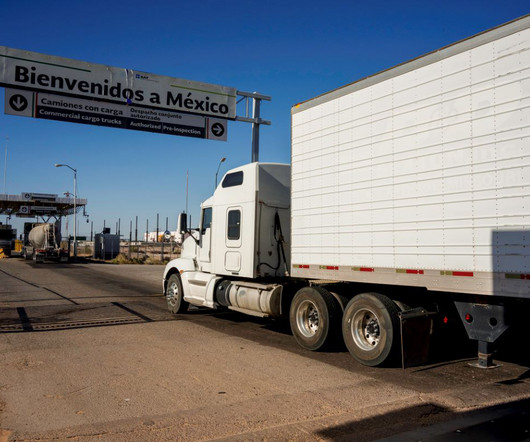Managing Logistics for The World’s Largest Company with Gary Sostack
The Logistics of Logistics
AUGUST 29, 2019
While putting myself through school, I got a part-time job at JFK airport which opened my eyes to logistics. Right out of college, I worked at a logistics company in Atlanta. Then, after a short spell in New Orleans, I moved to Houston to work with supply chain in oil and gas. If you live in Houston, you know who it is.



















Let's personalize your content